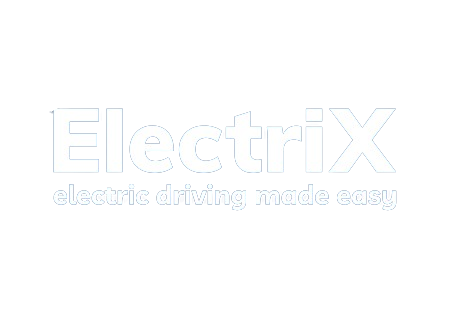In case you missed it see what’s in this section
Let's Talk

WFH vs Office: What's Best For Your Business?
In the modern business landscape, the debate between working from home (WFH) and working from an office is more relevant than ever. Each mode of working has its advantages and challenges, and the best choice depends on various factors, including the nature of the business, its culture, and its operational needs.
The Rise of Remote Work
The WFH model has gained significant traction due to advancements in technology and, more recently, the global pandemic.
- This model offers flexibility, leading to increased employee satisfaction and productivity.
- Remote work eliminates commute times, potentially improving work-life balance.
- Additionally, businesses can access a wider talent pool since geographical constraints are less of an issue.
However, WFH can also present challenges. Collaboration and team cohesion can suffer in a fully remote setup without the spontaneous interactions that office environments foster. Furthermore, not all homes are conducive to productive workspaces, potentially affecting performance.
To address these challenges, businesses can implement software solutions like Slack, Zoom, and Asana to facilitate communication and project management, mimicking the immediacy of in-office interactions and keeping teams aligned on their goals. Companies can also offer stipends or reimbursements for employees to set up ergonomic and productive workspaces at home. This can include funding for ergonomic chairs, desks, or even noise-cancelling headphones, significantly enhancing focus and comfort.
The Traditional Office Setting
The traditional office setting fosters a sense of community and structure. It supports direct supervision, and immediate collaboration, and can enhance company culture through daily face-to-face interactions. For businesses that require hands-on work or access to specific equipment, an office or similar workspace is indispensable.
Yet, operating an office comes with significant overheads, such as rent, utilities, and maintenance. In the UK, energy costs are a particular concern for businesses. Luckily, this is where smart meters for businesses can help. Smart meters automatically send meter readings to suppliers, ensuring bills are based on actual usage rather than estimates. This technology not only helps in budgeting and forecasting, but can also contribute to the broader environmental goal of reducing carbon footprints.
The Middle Ground: A Hybrid Model
For many UK businesses, a hybrid model that combines WFH and office work may offer the best of both worlds. This approach allows employees to enjoy the flexibility of remote work while still benefiting from the collaborative and social aspects of office life. It can also be more cost-effective, as businesses may require less office space and can therefore reduce related expenses.
The Verdict: Adapting to Your Business Needs
The choice between WFH, office work, or a hybrid model should be guided by the specific needs and culture of your business. Consider factors such as the nature of your work, employee preferences, and operational efficiencies.
In conclusion, the decision between WFH and office work is not a one-size-fits-all. By carefully considering the benefits and challenges of each approach and incorporating the right practices, businesses can forge a path that supports their growth, sustainability, and the well-being of their employees.
Weather in Swindon
Listings



















